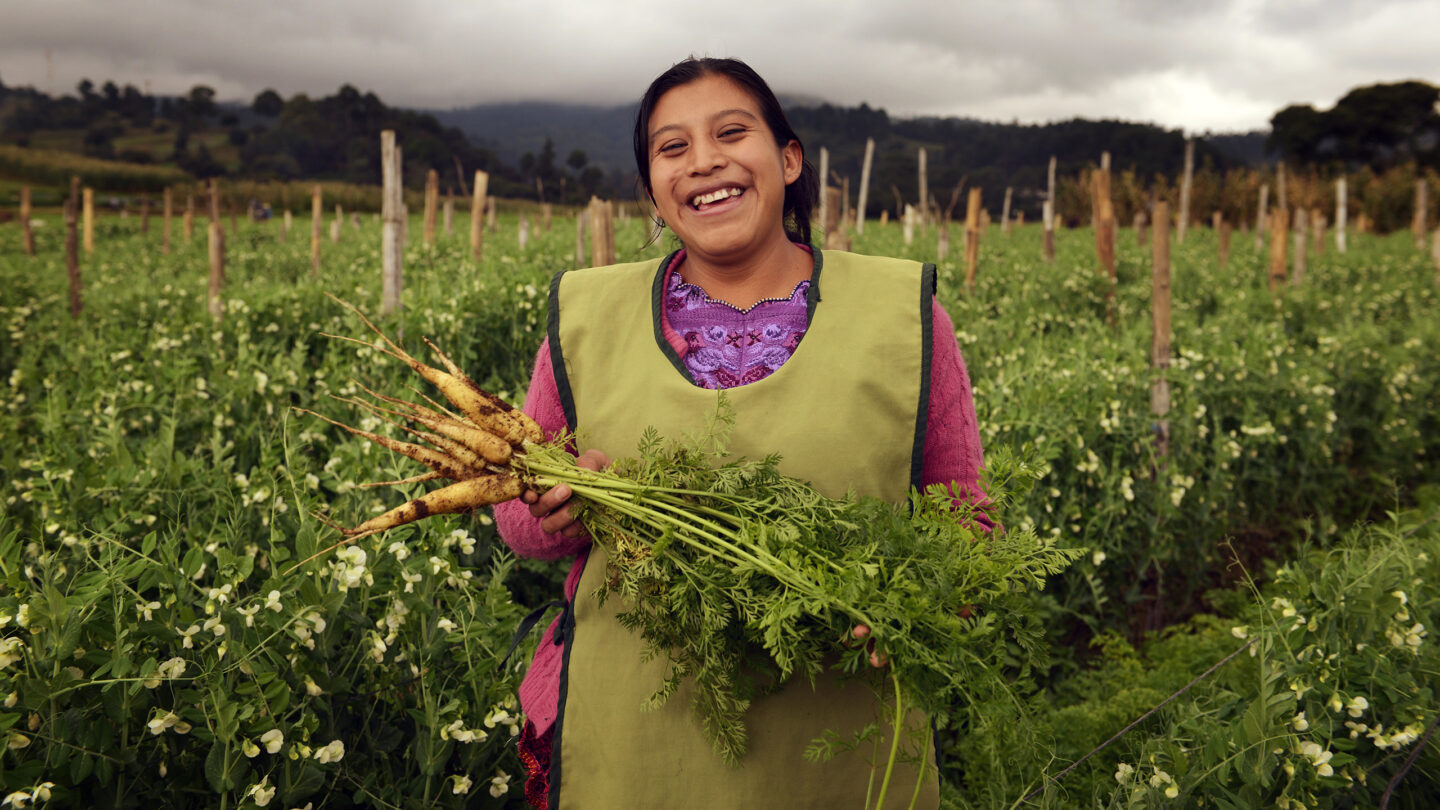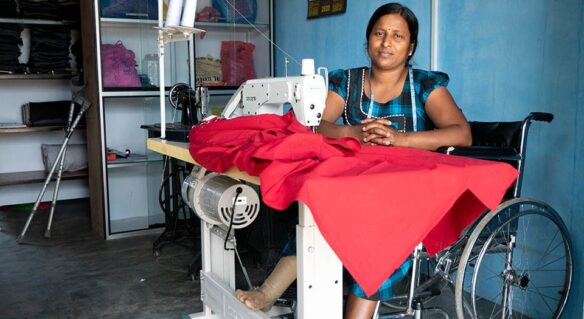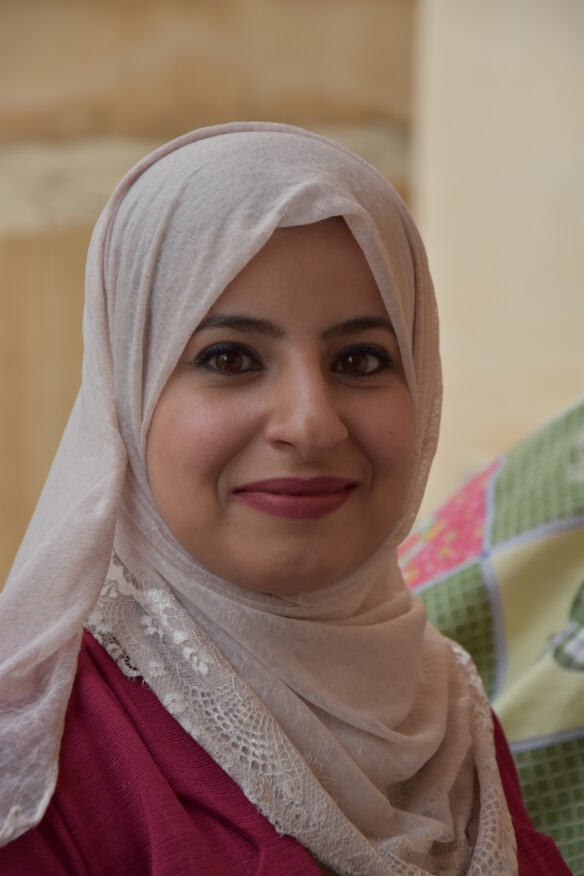In Phase 1 of the Global Program with CARE (2014-2017), reaching 100,000 women, we learnt that when women have access to the right skills and tools, their confidence increases to take on leadership roles and take the leap to become entrepreneurs. Regardless of their background.
In addition, when women have earnings on their own, they tend to invest a bigger proportion of their money in their families and communities than men do. When women benefit, everyone benefits.
From low to high margin
In the second phase of the Global Program, we reached 170,000 women from low-income communities in seven developing countries worldwide. Through the program these women have been equipped with what’s needed to become successful and empowered entrepreneurs, and to further develop and grow their businesses. By supporting the women with further skills training and other relevant tools, they have been able to go from running businesses with low margins to start to increase their margins. This means they are able to support their families and even elevate whole communities out of poverty, not least by employing other local women to lift them out of poverty too.
Entrepreneurship is also empowering and through the program CARE saw a 33% increase in women taking up leadership positions within their communities. When given better access to finance and capital, women are also strong savers and borrowers.
The gender aspect
As women have taken on increasing responsibilities with their businesses, 72% still receive no help at all from male family members in the household. Not only are women now running businesses – many providing employment to other women – they continue to do all the childcare, cooking and other household chores. Hence, a crucial aspect of the program was to involve men and boys and other local stakeholders to change gender norms.
Components for success
As part of the program, CARE has identified five essential components for successful enterprise development among women living in low-income communities.
These are:
- Strengthening skills
- Facilitating access to finance and capital
- Encouraging the power of groups and networks
- Improving the business environment
- Engaging men and boys
The impact of this program has gone far beyond earning an income. When women are encouraged to rely on their inner strength, they start making decisions within households and communities and take more control of their lives. They are a catalyst for positive change in their societies and change the world for generations to come.
Reports from our Global Program for Equality
As part of the programme several global reports have been created with the goal to consolidate and integrate the lessons learned from the program both towards external stakeholders and internally within the confederation.



